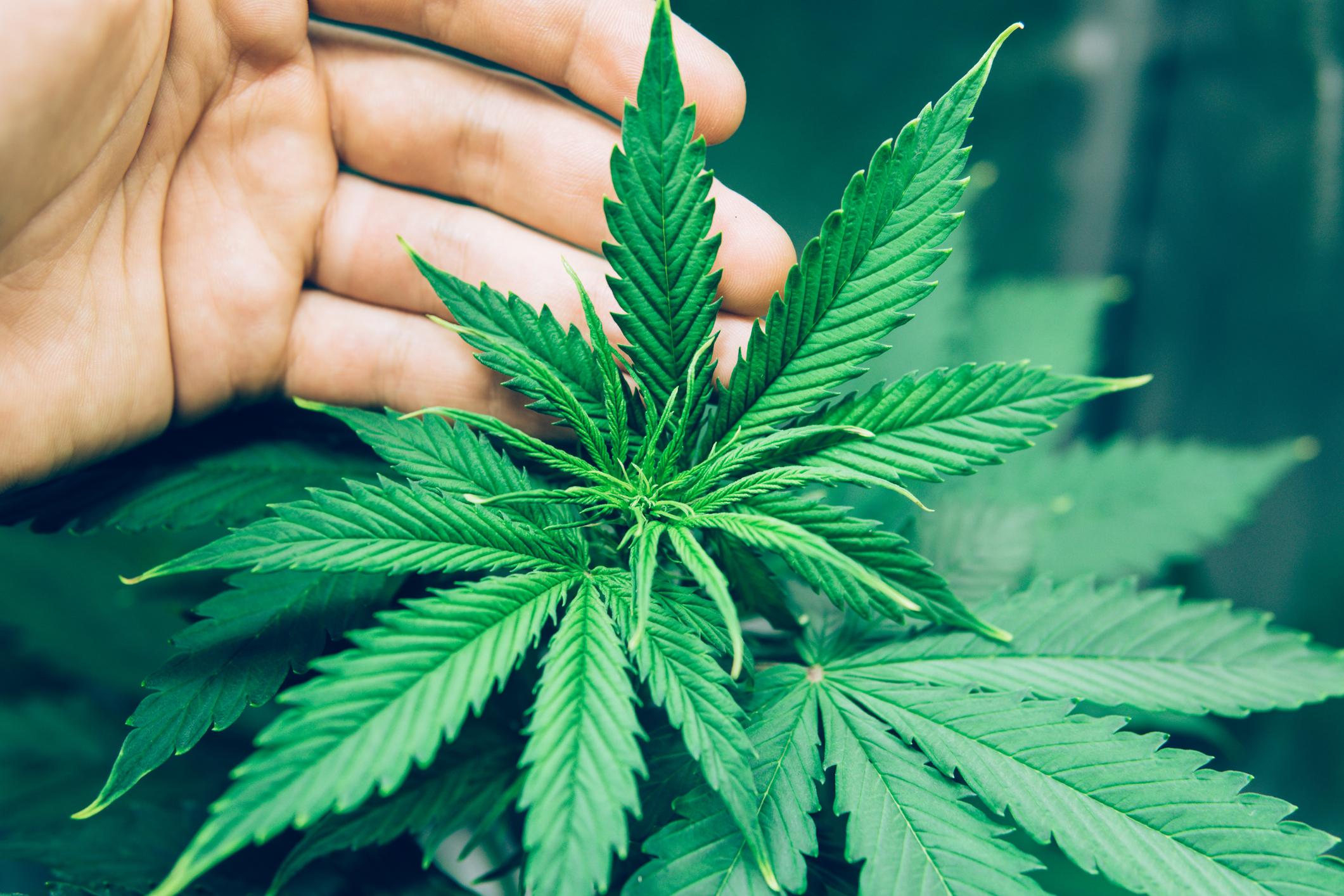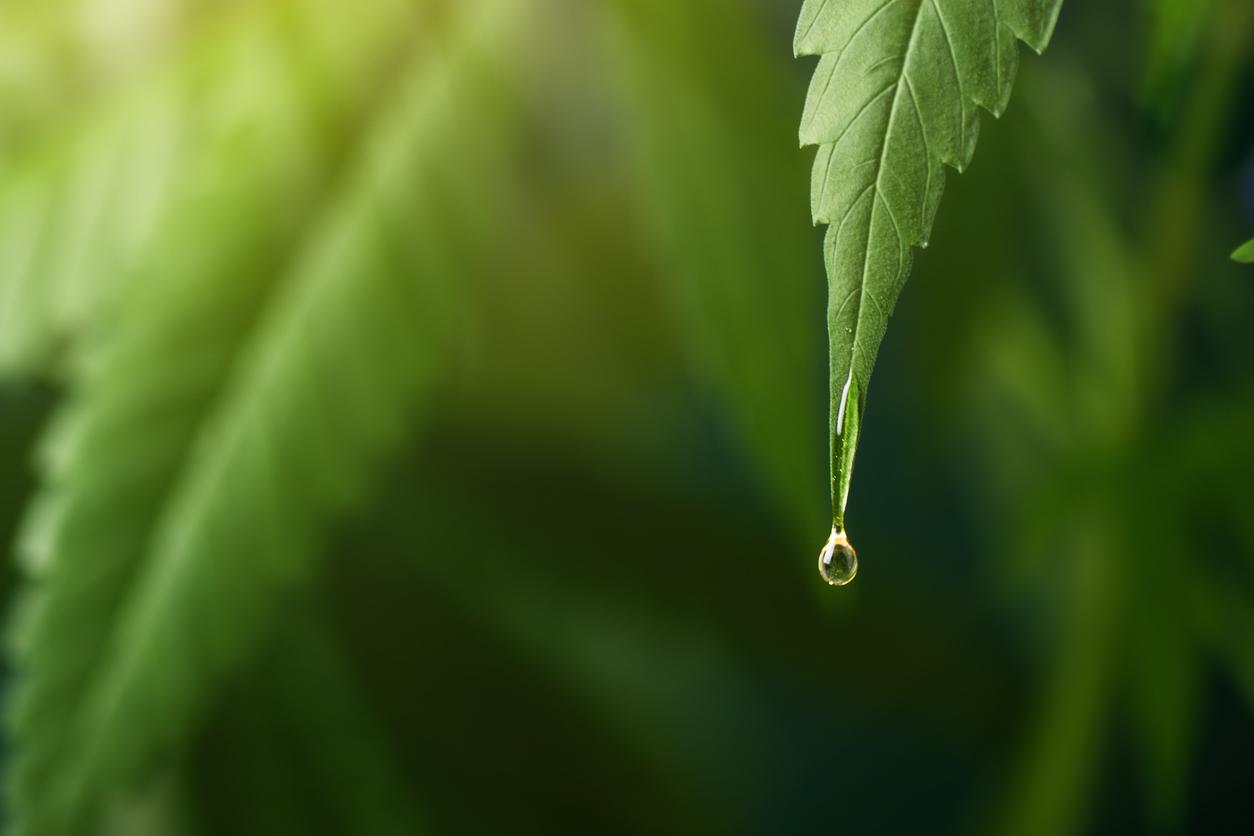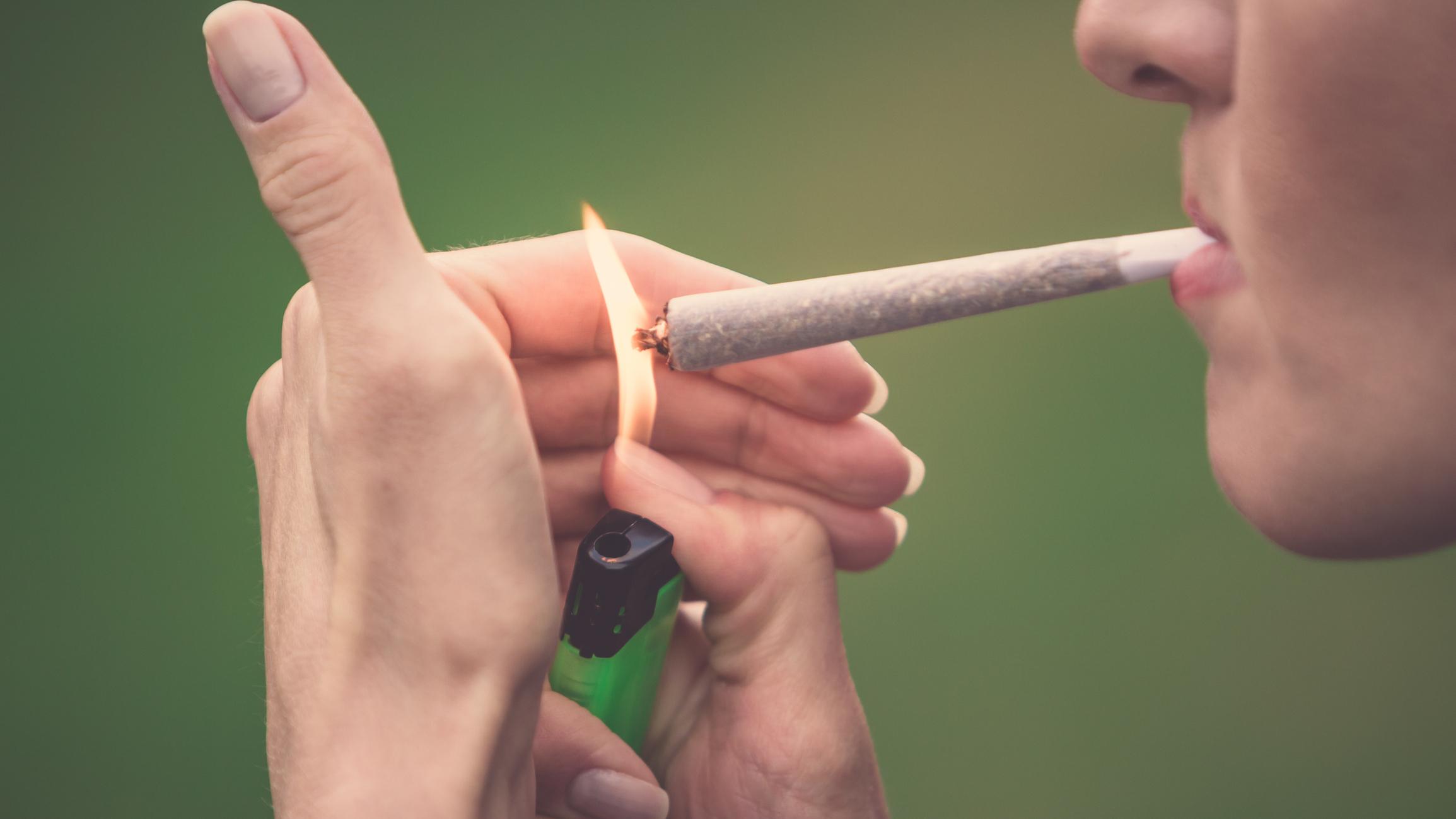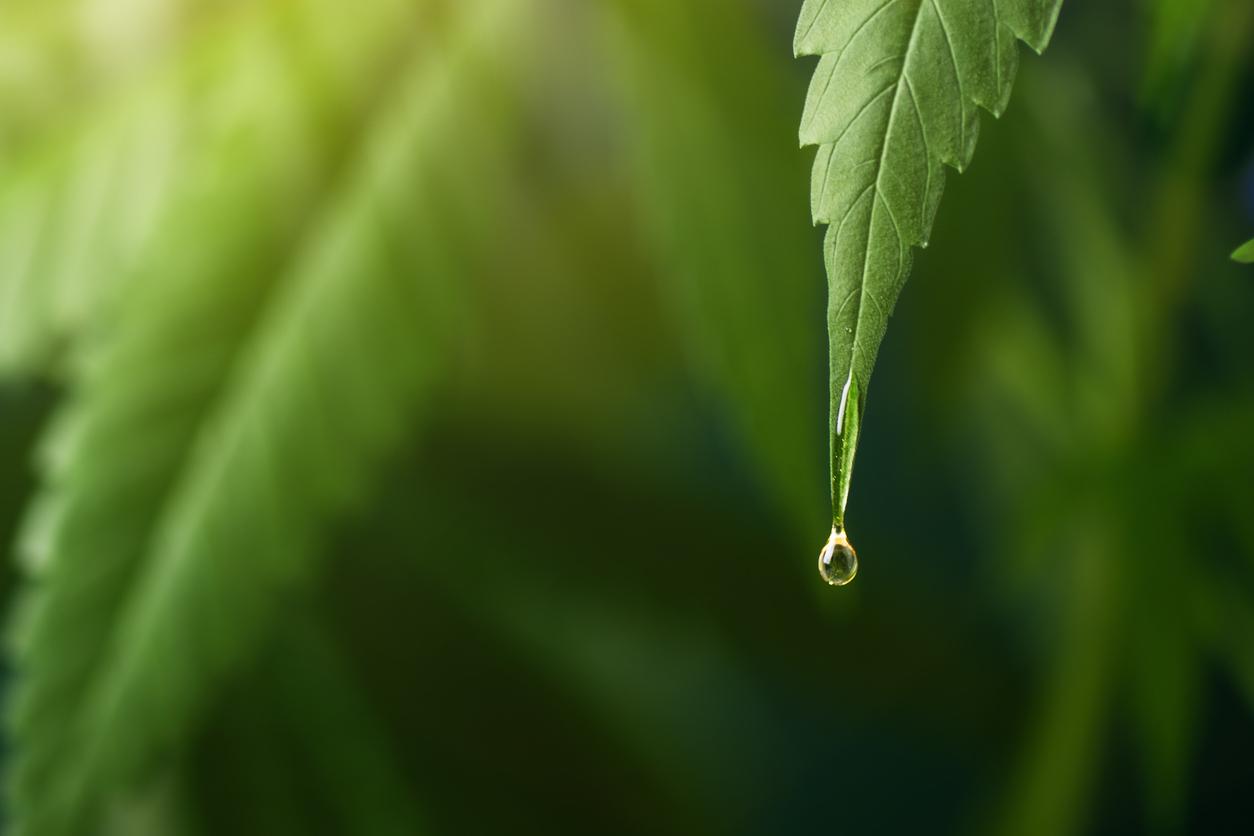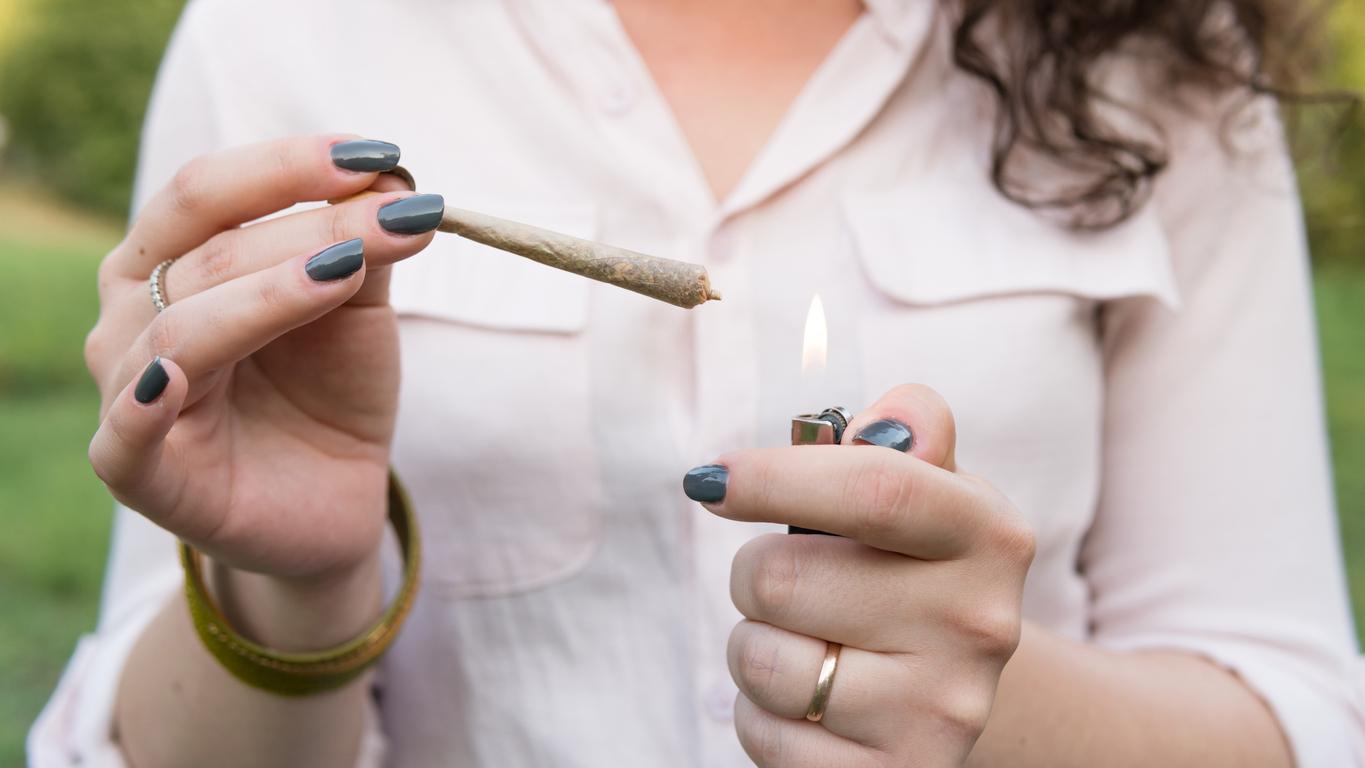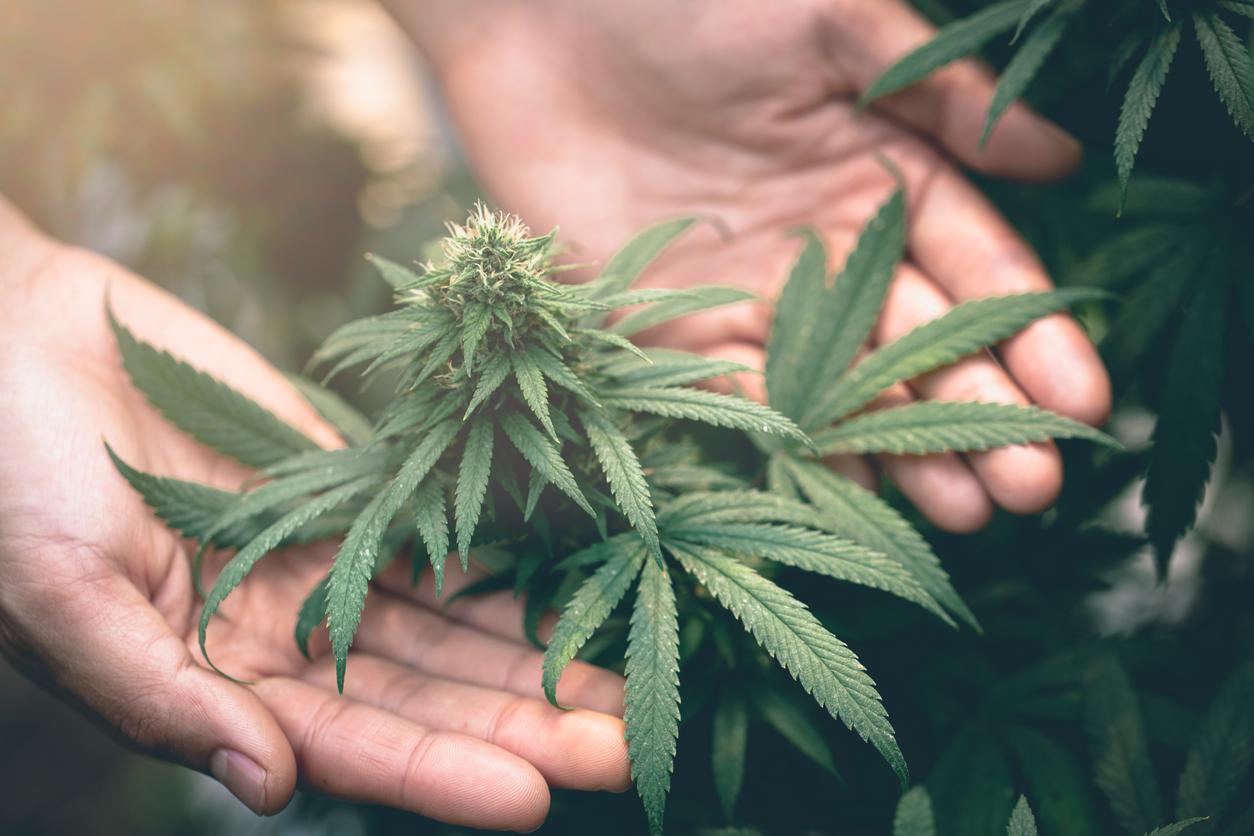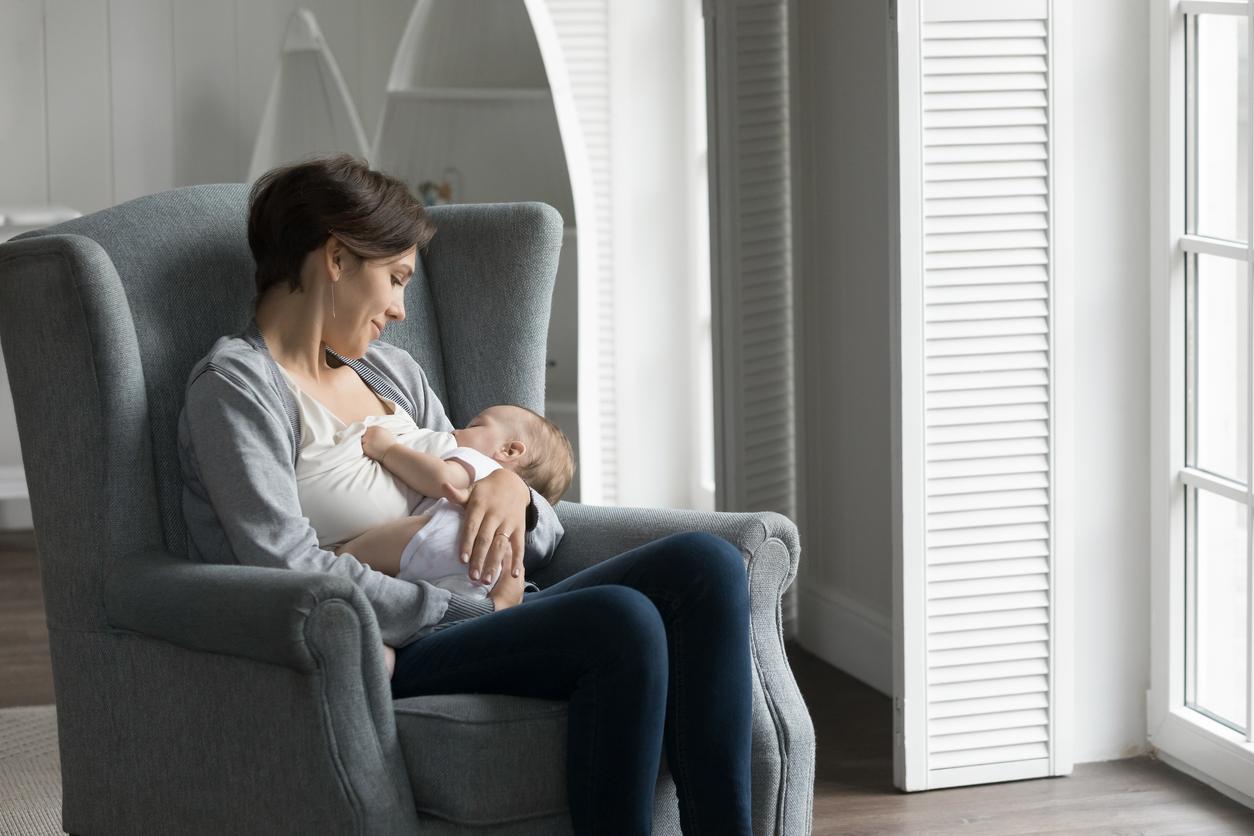The Constitutional Council specified, on January 7, two of the criteria for defining a narcotic product. The institution considered that cannabidiol (CBD) was not part of the list of psychotropic substances.

- Cannabidiol (CBD) is one of the many cannabinoids found in cannabis.
- CBD is not considered a narcotic because it is not characterized by the risk of addiction and harmful health effects.
On December 31, an order prohibiting the sale of raw cannabidiol (CBD) flowers or leaves was published in the Official Journal. In the latter, this non-psychotropic molecule of cannabis is likened to a narcotic. But a week later, the Constitutional Council clarified the definition of narcotics and ruled that CBD-based products, including the flower, did not fall within the scope of this definition.
“The notion of narcotics designates psychotropic substances which are characterized by a risk of dependence and harmful effects on health”, indicated the institution in a statement published on January 7. The two criteria used by the Constitutional Council to qualify a product as a narcotic are “addiction” and “adverse health effects”.
The judges, who made these decisions, said “that it belongs to the administrative authority, under the control of the judge”to classify certain substances in the category of narcotics “according to the evolution of the state of scientific and medical knowledge”.
CBD, a remedy for epileptic seizures
In 2020, European judges had pointed out that, unlike tetrahydrocannabinol (THC), CBD could not be considered a narcotic because it did not have “no psychotropic effects or harmful effects on human health.” Same story on the side of the World Health Organization. In 2017, the WHO Expert Committee on Drug Dependence reported that pure CBD “does not appear to have any potential for abuse, nor to be harmful to health.”
According to the health authority, a study published in the New England Journal of Medicine showed that CBD had therapeutic properties for seizures due to epilepsy and associated pathologies. “In France, the Haute Autorité de Santé (HAS) has decided in favor of its reimbursement only when it is prescribed in the context of epileptic seizures associated with Dravet or Lennox-Gastaut syndrome in people over the age of two years and under medical supervision”, can we read on the website of Inserm.
.








